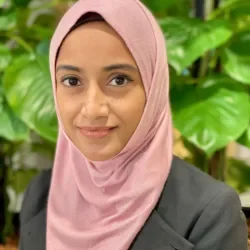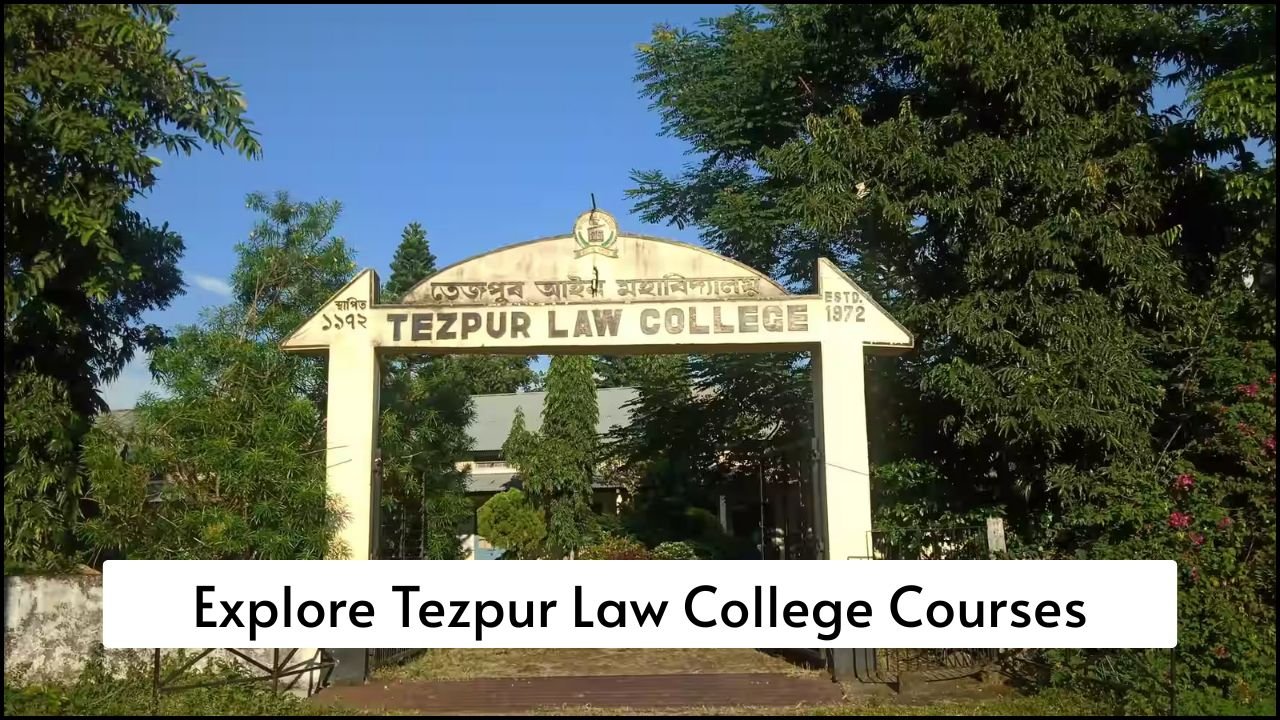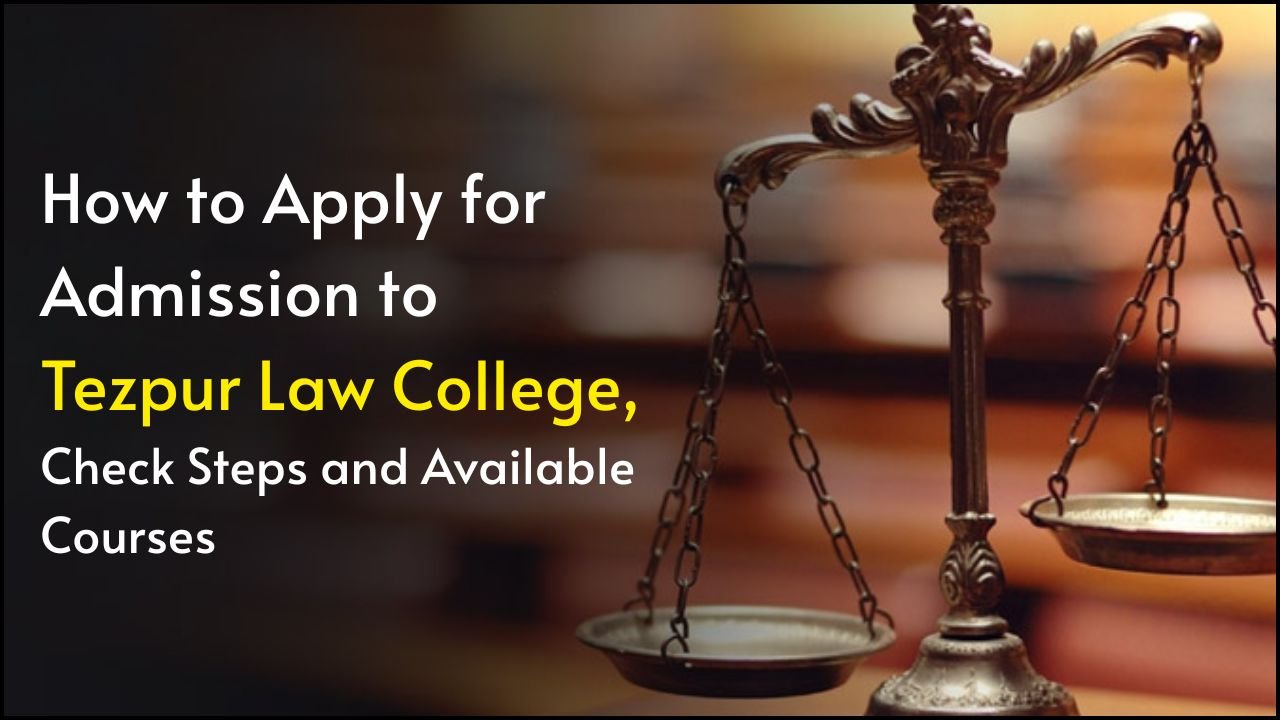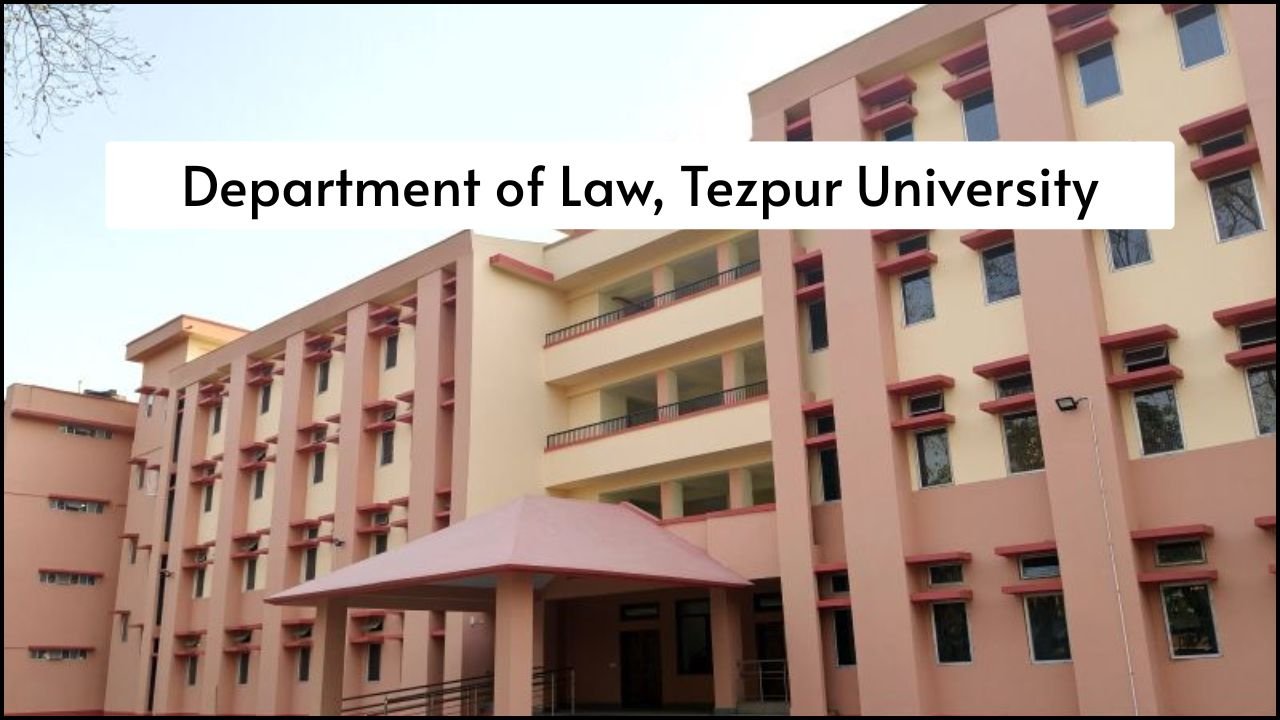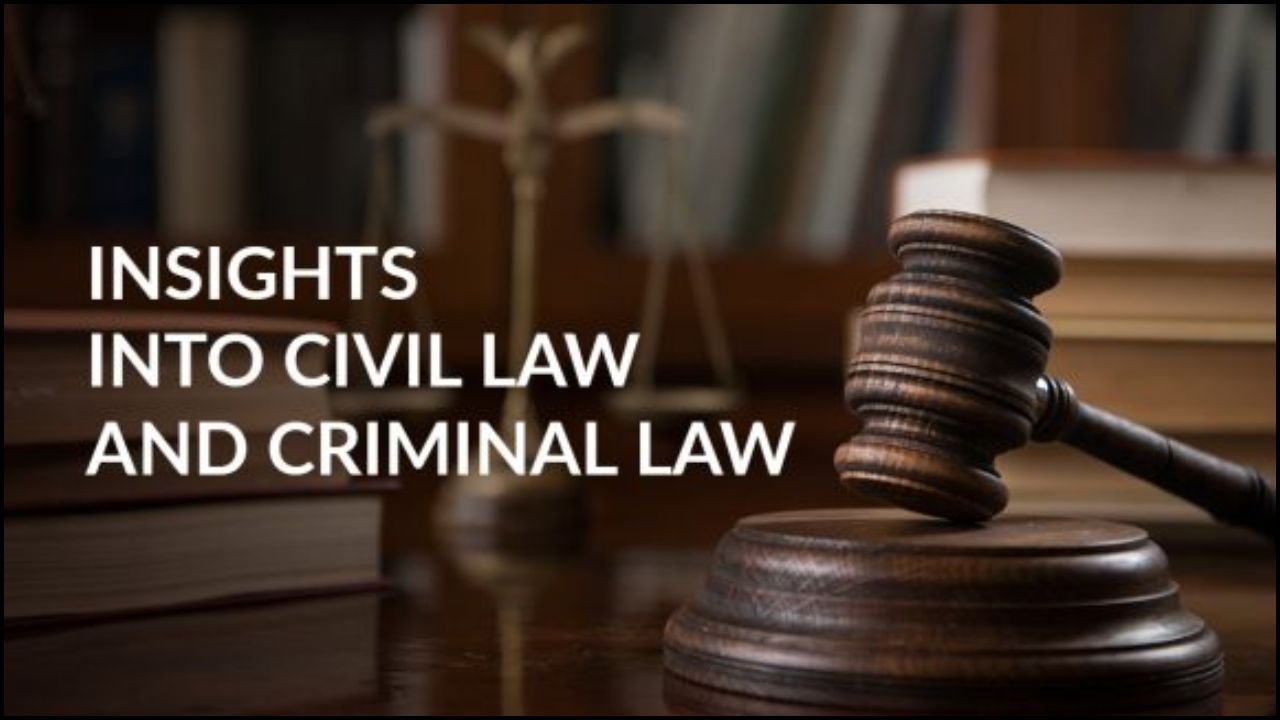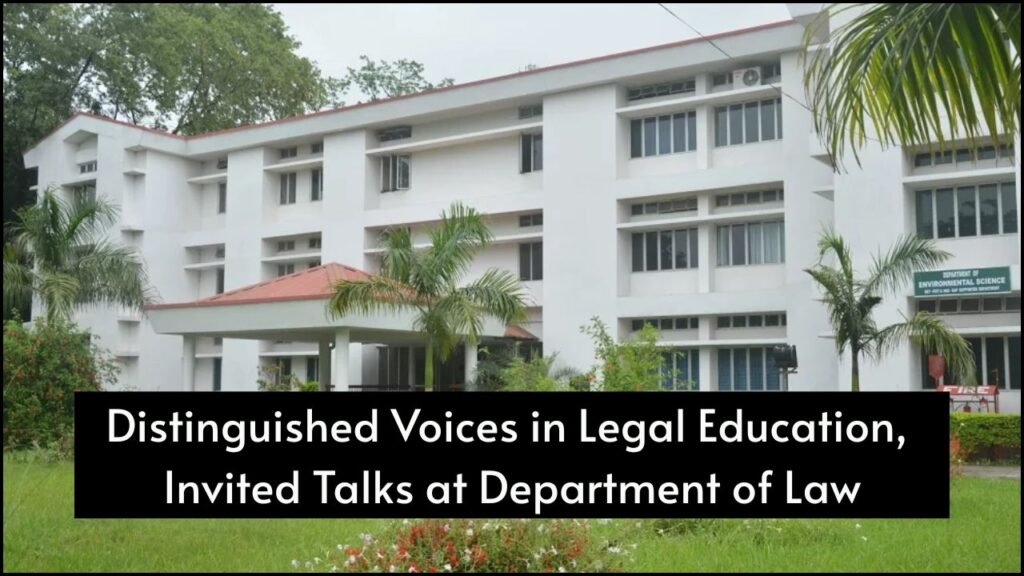
The Department of Law at Tezpur University has distinguished itself as a premier institution for legal education through its remarkable series of invited talks featuring renowned legal scholars, practitioners, and experts. These intellectual gatherings represent more than academic exercises; they serve as vital bridges connecting theoretical legal knowledge with practical applications, current jurisprudential developments, and contemporary societal challenges. This comprehensive examination explores how these invited talks have enriched the academic environment and contributed to the broader legal discourse in Northeast India.
Table of Contents
The Academic Vision Behind Invited Talks
The Department of Law’s approach to organizing invited talks reflects a deep understanding of modern legal education’s requirements. In an era where legal practice demands both theoretical sophistication and practical awareness, these talks provide students and faculty with invaluable exposure to diverse perspectives from leading legal minds. The department’s commitment to bringing distinguished speakers demonstrates its dedication to maintaining academic excellence while staying connected to current legal developments.
Each invited talk is carefully selected to address specific aspects of legal education, from fundamental constitutional principles to emerging areas like e-commerce law and environmental concerns. This strategic curation ensures that participants gain exposure to both traditional legal doctrines and contemporary challenges facing the legal profession. The diversity of topics covered reflects the department’s comprehensive approach to legal education, recognizing that modern lawyers must be equipped to handle multifaceted legal issues.
Exploring Constitutional and Criminal Law Dimensions
1. Sedition Law: Contemporary Relevance and Challenges
Dr. Manik Chakraborty’s invited lecture on the Law of Sedition on August 7, 2021, addressed one of the most contentious areas of Indian criminal law. This talk came at a particularly significant time when debates about sedition law’s relevance in democratic India were intensifying. Dr. Chakraborty’s expertise provided participants with nuanced insights into the historical development of sedition law, its colonial origins, and its contested application in contemporary India.
The lecture explored landmark cases that have shaped sedition jurisprudence, including the famous Kedar Nath Singh case and more recent developments in the Supreme Court’s approach to sedition charges. Participants gained valuable understanding of the delicate balance between national security concerns and fundamental rights, particularly freedom of speech and expression. The discussion also covered the ongoing debates about the need for reforming or abolishing sedition law in democratic India.
This talk proved particularly valuable for law students preparing for careers in criminal law, constitutional litigation, and human rights advocacy. The interactive nature of the session allowed participants to engage with complex questions about the scope and limitations of sedition law in a democratic society.
2. Criminal Law Exceptions and Defense Rights
Dr. Samraggi Chakraborty’s invited talk on “Revisiting the General Exceptions & Right to Private Defence Under Indian Penal Code” on December 24, 2021, provided participants with deep insights into crucial aspects of criminal law practice. This lecture addressed fundamental principles that every criminal law practitioner must understand thoroughly.
The talk covered various general exceptions under the Indian Penal Code, including intoxication, insanity, duress, and necessity. Dr. Chakraborty’s presentation included practical case studies demonstrating how these exceptions are applied in real court situations. The discussion of the right to private defense was particularly valuable, as it addressed common misconceptions about the scope and limitations of this right.
Participants learned about the evolving jurisprudence surrounding these exceptions and how courts have interpreted them in different contexts. The talk also addressed recent developments in criminal law, including amendments and judicial interpretations that have influenced the application of these principles.
Parliamentary Democracy and Governance Perspectives
1. Parliamentary Privileges: Comparative Analysis
Prof. S.P. Singh’s invited talk on “Parliamentary Privileges: Experience from Indian and British Parliament” on February 15, 2022, offered participants a unique comparative perspective on parliamentary democracy. This lecture was particularly significant as it drew from Prof. Singh’s extensive experience and research in parliamentary law and constitutional practice.
The talk explored the concept of parliamentary privileges in both Indian and British contexts, highlighting similarities and differences in their evolution and application. Participants gained insights into how parliamentary privileges serve to protect the independence and effectiveness of legislative institutions while examining cases where these privileges have been subject to judicial scrutiny.
The comparative approach helped participants understand how different democratic systems balance the need for parliamentary independence with accountability and transparency requirements. This knowledge is crucial for students interested in constitutional law, public administration, and political science.
2. Good Governance: Accountability and Transparency
The invited talk on “Good Governance- Accountability & Transparency” on March 14, 2022, addressed fundamental principles of modern democratic governance. This lecture explored how legal frameworks contribute to ensuring accountable and transparent government functioning.
The discussion covered various legal mechanisms designed to promote good governance, including Right to Information laws, anti-corruption legislation, and judicial oversight of administrative actions. Participants learned about the role of legal institutions in maintaining checks and balances within democratic systems.
The talk also addressed contemporary challenges in governance, including the impact of technology on transparency and accountability, and emerging trends in public administration that affect legal practice and policy-making.
Contemporary Legal Challenges and Emerging Areas
Environmental Law and Global Perspectives
The special lecture on “Our Earth Matters: Ideas for Stockholm+50” on November 3, 2021, connected participants with international environmental law developments and India’s environmental jurisprudence. This talk was particularly timely given the increasing focus on climate change and environmental protection in legal discourse.
The lecture explored the evolution of environmental law from the Stockholm Conference of 1972 to contemporary climate change litigation. Participants gained insights into how environmental law has developed as a distinct legal discipline and its intersection with human rights, constitutional law, and international law.
The discussion included examination of landmark environmental cases in Indian courts and the development of principles like the precautionary principle and the polluter pays principle. This knowledge is increasingly valuable as environmental law becomes a significant area of legal practice.
E-Commerce and Consumer Protection
The invited talk on “E-Commerce and Consumer Rights in India” on March 15, 2022, addressed one of the most rapidly evolving areas of commercial law. This lecture provided participants with insights into how traditional consumer protection principles apply to online transactions and digital marketplaces.
The talk covered recent developments in e-commerce regulation, including the Consumer Protection Act amendments and specific provisions for digital transactions. Participants learned about emerging challenges in online consumer protection, including data privacy concerns, dispute resolution mechanisms, and cross-border transaction issues.
This lecture was particularly valuable given the rapid growth of e-commerce in India and the increasing need for lawyers who understand digital commerce law and consumer protection in online environments.
Gender Equality and Human Rights Perspectives
Women in Legal Education
The webinar on “Women in Legal Education-Past, Present and Future” on March 8, 2022, coinciding with International Women’s Day, examined the evolution of women’s participation in legal education and the legal profession. This talk provided historical context for understanding current gender dynamics in legal education and practice.
The discussion covered barriers that women have historically faced in accessing legal education and entering the legal profession, as well as progress made in recent decades. Participants gained insights into ongoing challenges and opportunities for promoting gender equality in legal education and practice.
The talk also addressed the role of women legal scholars and practitioners in shaping legal discourse and contributing to areas like family law, human rights law, and gender justice.
Human Rights and Law Enforcement
The invited talk on “Human Rights and Role of Police” on March 16, 2022, addressed the crucial intersection between law enforcement and human rights protection. This lecture was particularly relevant given ongoing debates about police reform and human rights compliance in law enforcement practices.
The talk covered international human rights standards applicable to policing, constitutional provisions protecting individual rights, and the legal framework governing police powers and responsibilities. Participants learned about landmark cases addressing police misconduct and the evolving jurisprudence on police accountability.
Comprehensive Event Analysis
| Event Title | Date | Speaker | Focus Area | Key Learning Outcomes |
|---|---|---|---|---|
| Law of Sedition | 07/08/2021 | Dr. Manik Chakraborty | Constitutional/Criminal Law | Understanding sedition law’s contemporary relevance |
| Our Earth Matters: Stockholm+50 | 03/11/2021 | Environmental Law Expert | Environmental Law | International environmental law perspectives |
| Understanding Substantive Equality | 10/12/2021 | Constitutional Law Scholar | Constitutional Law | Equality jurisprudence under Indian Constitution |
| General Exceptions & Private Defence | 24/12/2021 | Dr. Samraggi Chakraborty | Criminal Law | Practical criminal law applications |
| Parliamentary Privileges | 15/02/2022 | Prof. S.P. Singh | Constitutional Law | Comparative parliamentary law analysis |
| Women in Legal Education | 08/03/2022 | Gender Law Expert | Gender Studies | Historical and contemporary gender perspectives |
| Good Governance | 14/03/2022 | Public Administration Expert | Administrative Law | Governance and accountability mechanisms |
| E-Commerce and Consumer Rights | 15/03/2022 | Commercial Law Expert | Commercial Law | Digital commerce and consumer protection |
| Human Rights and Police Role | 16/03/2022 | Human Rights Expert | Human Rights Law | Law enforcement and rights protection |
Impact on Academic Excellence and Professional Development
These invited talks have significantly enhanced the academic environment at the Department of Law, creating opportunities for intellectual engagement that extend far beyond regular classroom instruction. Students have reported increased understanding of complex legal concepts and greater awareness of career opportunities in specialized legal fields.
The diversity of speakers and topics has exposed participants to different approaches to legal analysis and practice, helping them develop critical thinking skills essential for legal practice. Many participants have cited these talks as influential in their career choices and academic interests.
Faculty members have also benefited from these interactions, gaining insights that inform their teaching and research activities. The talks have facilitated networking opportunities and collaborative relationships that enhance the department’s academic standing.
Future Directions and Recommendations
The success of the invited talks series suggests several opportunities for further development. The department could consider establishing thematic series focusing on specific areas of law, creating more opportunities for follow-up discussions and deeper engagement with particular topics.
Integration with research activities could enhance the impact of these talks, with speakers potentially collaborating on research projects or publications. The department might also explore virtual formats that allow participation from a broader audience while maintaining the interactive nature of these sessions.
Creating alumni networks connected to these talks could provide ongoing professional development opportunities and strengthen connections between current students and practicing lawyers.
Looking Forward
The invited talks series at the Department of Law, Tezpur University, represents an exemplary model of how academic institutions can enrich legal education through engagement with distinguished practitioners and scholars. These events have created lasting value for participants while contributing to the broader legal discourse in the region.
The careful curation of topics and speakers demonstrates the department’s commitment to providing comprehensive legal education that addresses both traditional legal principles and contemporary challenges. As the legal profession continues to evolve, these talks will undoubtedly continue to play a crucial role in preparing students for successful legal careers while advancing scholarly understanding of important legal issues.
The department’s success in organizing these talks establishes it as a significant center for legal education and discourse in Northeast India, with impact extending far beyond the university campus to influence legal practice and policy development in the region.
Frequently Asked Questions
Q: How are speakers selected for the invited talks series at the Department of Law? A: Speakers are chosen based on their expertise in specific legal areas and their ability to provide valuable insights to students and faculty.
Q: Are these invited talks open to external participants beyond university students and faculty? A: Most talks welcome legal practitioners, judiciary members, and other stakeholders from the legal community to attend and participate.
Q: Do participants receive any certification or credits for attending these invited talks? A: The department typically provides participation certificates and may offer academic credits depending on the specific program requirements.
Q: How frequently does the department organize invited talks throughout the academic year? A: The department maintains a regular schedule with multiple talks each semester, focusing on diverse areas of legal practice and scholarship.

